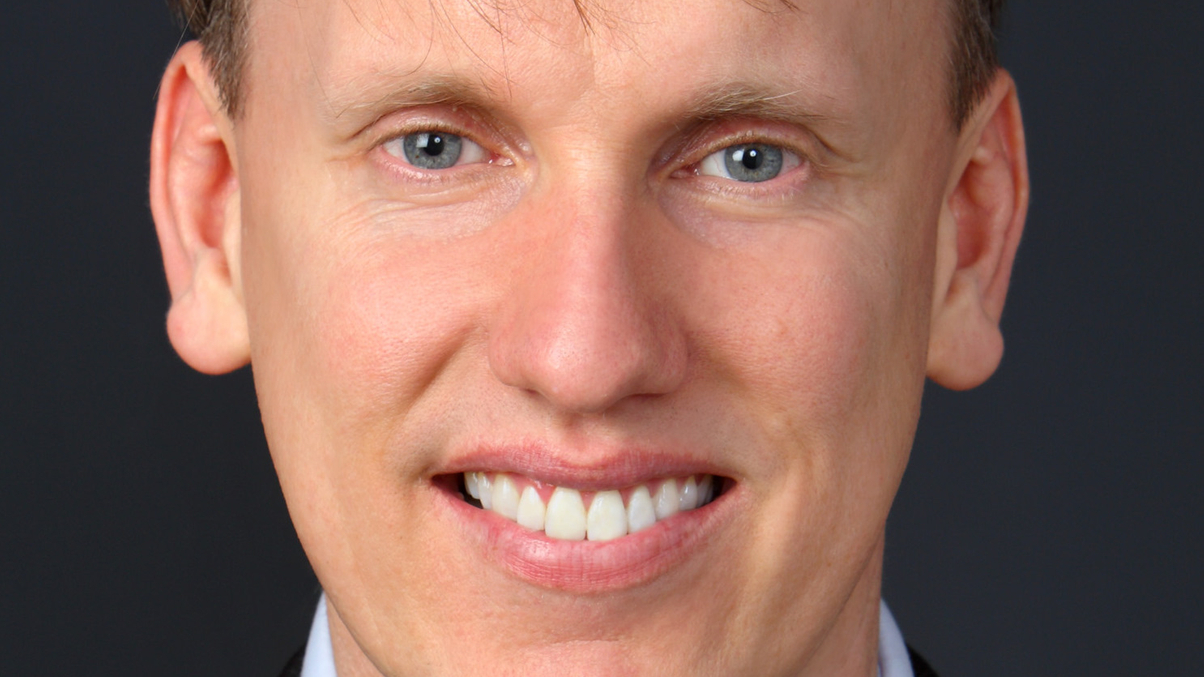BarCap predicts another 'currency war' and more Korean turmoil
The UK bank’s head of emerging Asia research, Peter Redward, looks forward to another tricky year for investors and forecasts an Asian bond sell-off.

There was something of a military tinge to comments made last week by Peter Redward, head of emerging Asia research at Barclays Capital in Singapore. He could be forgiven for that, though, as he was speaking about turbulence on the Korean peninsula and the recent global ‘currency wars’.
Sign in to read on!
Registered users get 2 free articles in 30 days.
Subscribers have full unlimited access to AsianInvestor
Not signed up? New users get 2 free articles per month, plus a 7-day unlimited free trial.
¬ Haymarket Media Limited. All rights reserved.


